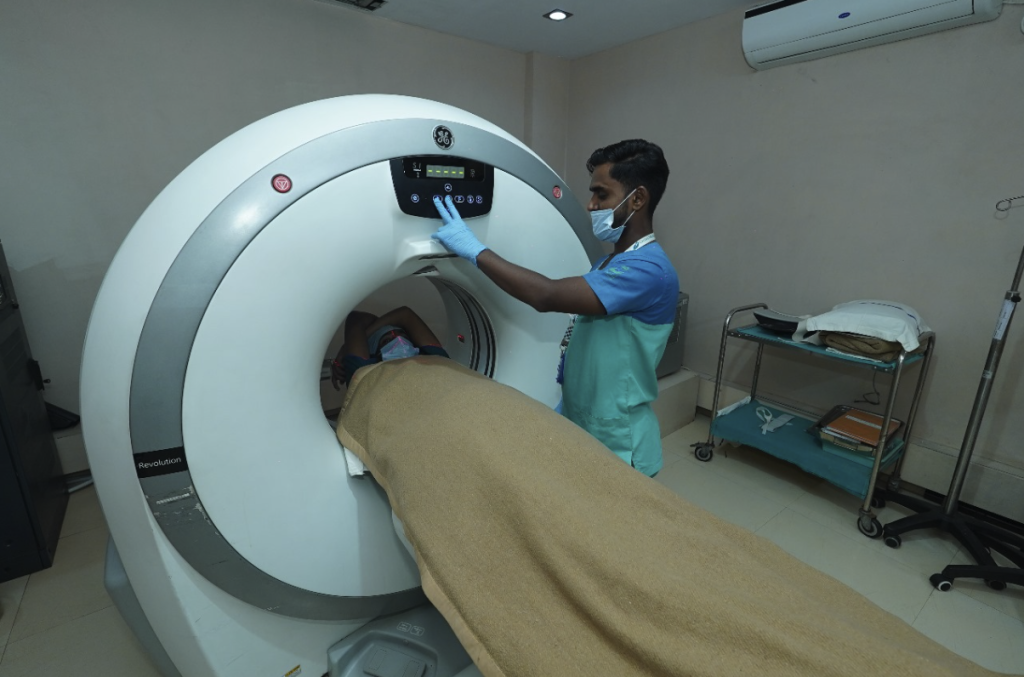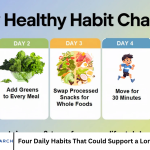
Health issues don’t always start loud. Some build slowly and over time. A few skipped meals. That constant tiredness. Maybe those headaches that show up after work. Nothing serious—until it takes a toll on your health.
Too often, people wait for a sign that’s hard to ignore: chest pain, dizzy spells, things like that. But by then, the damage may already be underway. Seeing a physician in Ranchi now, not later, could mean catching something early before it grows legs.
Feeling Fine Isn’t Always Fine
A strange thing about the human body is that it puts up with a lot. For months, even years, it adjusts. Blood pressure climbs. Sugar creeps up. Sleep gets shorter. And still, everything feels… fine.
That’s the trick.
A quick check-up? It’s not about being cautious for the sake of it. It’s about catching the stuff no one talks about in casual conversation. These are the things you’d never notice without a monitor, a test, or someone trained to spot what others miss.
People assume if there’s no pain, no symptoms, there’s no problem. Reality doesn’t work like that.
Who’s Actually at Risk?
Let’s be honest—probably more people than we care to admit.
You’ve got folks juggling late nights and deadlines, snacking on whatever’s easily available. Then there are middle-aged adults with family responsibilities, no time to cook proper meals, skipping breakfast more often than not.
Ranchi isn’t untouched by modern lifestyle traps. Pollution, stress, processed food—they all add up. It’s not just about age anymore. Even those in their 20s and 30s face lifestyle-induced health risks.
Skipping regular visits doesn’t make them go away. It just delays the diagnosis.
Regular Checks Aren’t Overkill
There’s this idea that check-ups are for people who already have something wrong. But prevention? That’s where the real value lies.
Things like early-stage diabetes, mild hypertension, or vitamin deficiencies—they don’t scream for attention. They whisper. And unless someone’s listening, they slip by.
Even simple habits like walking into a clinic twice a year can change outcomes. You get a snapshot of your health. You build a record. You track changes, slowly but steadily.
That’s often enough to catch trouble before it escalates.
So, What Happens During These Visits?
It’s not complicated. Usually, it’s a sit-down. Talk about how things have been. Any changes in weight, appetite, sleep, or mood. Maybe a few quick tests.
If something seems off, the doctor may recommend a spirometry test. It’s a breathing assessment—used to check lung capacity and airflow. Useful if you’ve been coughing too long or feeling winded too easily.
You might also be asked about your family’s medical history. A good doctor isn’t just ticking boxes—they’re looking for patterns. Clues. Sometimes the conversation itself points to what’s going wrong.
Why People Skip It—And Why That’s Risky
A lot of it comes down to fear. Or not fear, but discomfort. Nobody wants to hear bad news. So the logic becomes: if I don’t check, I won’t worry.
That’s a gamble. And the odds aren’t great.
Others think it’ll be expensive. Or that doctors will push tests they don’t need. But in reality, a single test or two—done at the right time—might save you from a long-term condition.
The cost of ignoring your health always shows up somewhere. Sooner or later.
The Slippery Slope of “Later”
There’s always a reason to wait. “Let me get through this month,” “I’ll go after the holidays,” or “I feel okay for now.” It doesn’t end.
Real people? They delay until a symptom forces action. A rash that won’t go away. Pain that interrupts sleep. Then it becomes urgent. Then there’s panic.
What if instead of reacting, you just checked in once in a while?
One person gets a routine complete blood count, catches an infection early, and avoids complications. Someone else puts it off and ends up with hospital bills, sick leave, and weeks of recovery.
It’s not a drama. It’s just what happens.
What Makes Regular Appointments Actually Useful?
It’s not just the tests. It’s the relationship. You get to know a doctor. They get to know you. Your history. What’s normal for your body? What’s changed?
That’s when the visits become more than a checklist.
You get advice that fits your life. Not a generic template pulled from a website. If your job means sitting 10 hours a day, your physician might help build a plan that factors in those hours. If you’ve had recent fatigue, they won’t just throw vitamins at you—they’ll ask why.
That kind of context? Only comes with consistency.
If You’re Unsure Where to Start
Begin small. Pick one day. Book an appointment. You don’t need to do everything at once. No need for five lab reports or multiple scans.
Just talk. Ask a few questions. Mention anything you’ve noticed lately—even if it feels silly. That occasional light-headed feeling after standing up? Say it. That weird ache that comes and goes? Bring it up.
One thing leads to another. You may walk away with reassurance. Or you may catch something early enough to fix it with simple steps.
But either way, you’re no longer flying blind.
Let It Be a Habit, Not a Panic Button
Some people only see a doctor when their body forces them to. That’s like fixing the roof during a thunderstorm.
Better to check in while the weather’s still good.
Just like brushing your teeth or changing the oil in your bike—it’s about upkeep. Not perfection. You’ll miss a visit here or there. That’s okay. What matters is showing up often enough that minor issues don’t turn big.
Because a physician in Ranchi might notice something you don’t, and that one observation could be the reason your future feels a little more in your control.





